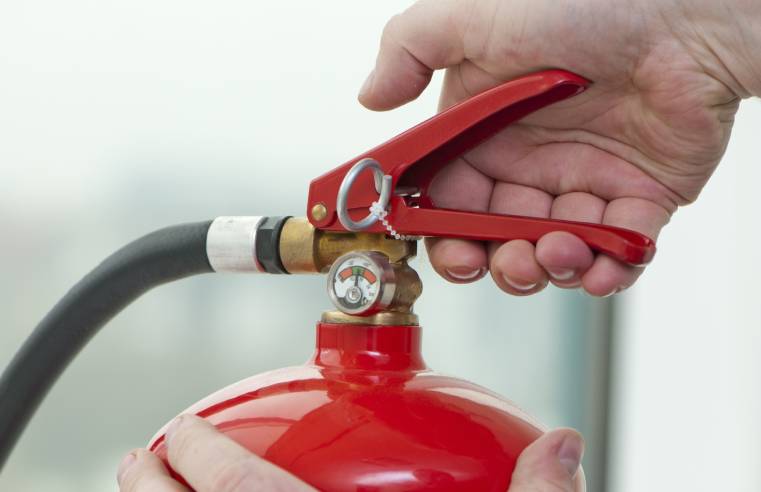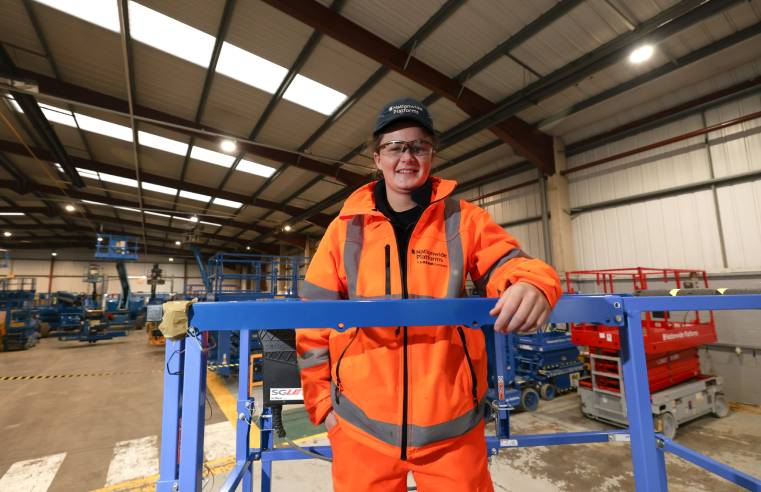The Building Safety Group (BSG) has reported an 84% increase in the number of Working at Height breaches occurring on construction sites during the first quarter of 2021. BSG’s latest figures were obtained following 4300 independent site inspections that took place between 1st January and 31st March this year.
BGS’s report is a cause for concern as Working at Height remains the biggest danger for construction workers. Statistics released by the Health and Safety Executive (HSE) in 2020 show that almost half of all construction accidents (47%) were from falls from height. There were 40 fatal injuries in 2019/20, slightly up on the five-year average of 37 per year. Of these fatalities, 29 were due to falls from height. Over 60% of deaths during working at height involve falls from ladders, scaffolds, working platforms, roof edges and through fragile roofs.
The Work at Height Regulations 2005 require employers and those in control of any work at height activity to ensure that the work is properly planned, well supervised and carried out by competent people. In general terms, being competent to work at height means having the right skills, knowledge, training and experience. The precise definition of competence for a specific job depends on the nature of the work and the equipment being used.
Andy Harper, Technical Support Manager at BSG, said: “Working at Height is clearly the most dangerous activity carried out in the construction sector. We can all do more to ensure that work is properly planned, supervised and conducted by qualified workers who have the required skills for the job in hand. Having the correct control measures in place and assessing the risk is also essential for avoiding accidents. In addition, companies should try to complete as much work as possible from the ground, ensure safe access and egress and importantly, make certain that any equipment used is suitable and designed for that purpose, installed and used by a competent person and inspected as required by the Working at Height Regulations 2005 and relevant guidance”.






















